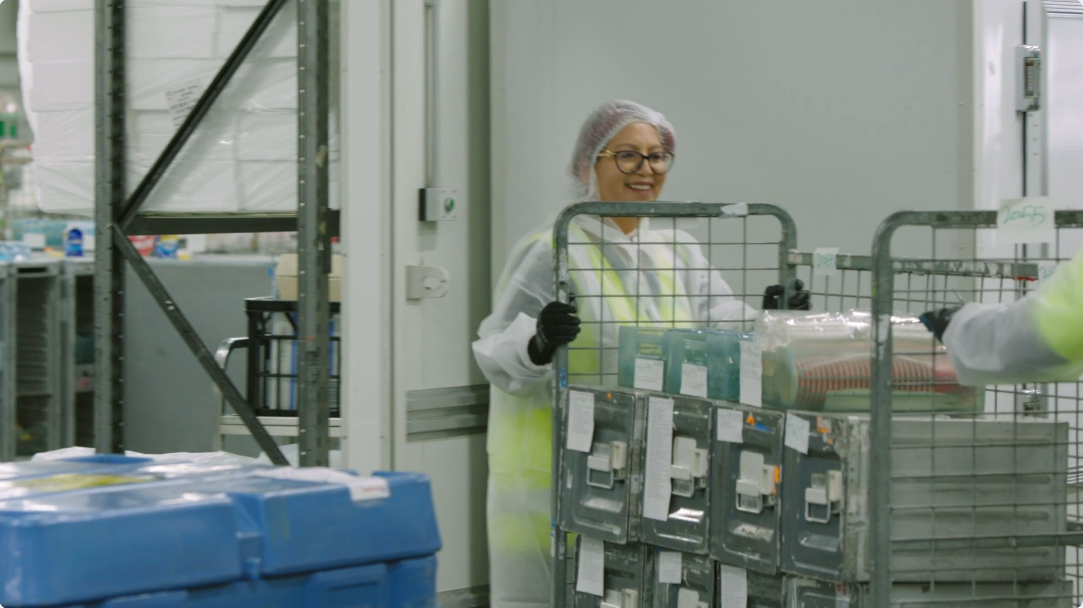The Scientific Revolution, the Industrial Revolution, the Information Revolution – These periods of growth and advancement all required new areas of skill and innovation, which created new jobs and opportunities for developed nations.
However, we are currently transitioning out of the age of information and moving towards the Cyber Revolution, and this exciting period of advancement will likely mean a shift from humans being the primary source of labour to machines handling many (if not most) jobs.
So what does this mean for us, the people who hold positions that will potentially be taken over by machines that don’t have the fallibility that humans do? Here are some insights into what you may experience over the coming decades.
A widening gap between rich and poor
Past revolutions have resulted in certain jobs lost to automation and new technologies, but with these technologies came new roles to oversee that automation. It meant reskilling and industry shifts for many workers, but the opportunities were both there and within reach.
With the cyber revolution however, we may end up in a more different and difficult situation than we have faced before, where jobs are again lost to machines, but fewer jobs will be created in turn. It’s an unfortunate reality that these new jobs may be too technical for those being replaced to aspire to.
With this knowledge in mind, it is possible we will encounter a greater disparity than ever before, with those replaced struggling to find further employment as the skills they possess may no longer be required.
This is an eventuality that requires action now from policy makers, to ensure we have both a supportive network for those who are a victim of progression, and provide education opportunities for those who wish to gain the skills required to stay relevant in a machine-dominated workforce.
It’s not all bad news
With machines replacing people, the scope for productivity in the future is incredible. Imagine if you had a highly skilled worker who could create amazing results that offer a business great ROI – between 8am and 5pm. Now replace that person with a machine who can do the same, but around the clock. They don’t get tired, their productivity doesn’t drop off, they don’t make mistakes when they’re stressed or overworked.
This means the potential for productivity is improved. While monetary policies would need to be carefully managed to avoid economic crashes or crippling inflation, if governments respond to the cyber revolution with adequate social welfare programs, there is the potential for every person to enjoy a comfortable lifestyle, regardless of their employment status.
How to prepare for the future
A smart step may be to invest in training for roles and positions that will take longer to be replaced. Consider what traits will likely be more difficult to be reproduced in machines, and aim to excel in those. It won’t necessarily “future-proof” you, but it is a good starting point.
Useful skills or traits to develop may be:
- Creativity
- Team leadership/management
- Relationship building
- Technical skills for specific industries.
Jobs that are more likely to be on the tail-end of the revolution may include roles like:
- Psychologists
- Human resource managers
- Customer experience experts.
And, of course, there will be new employment opportunities directly tying into the technological advancements. If you’re looking into being a robotics engineer or programmer, you’re heading in a smart – and profitable – direction.
At this stage, it is difficult to gauge how the development of complex machine learning will affect society. Whether you’re picturing a world run by robots where people enjoy a relaxed lifestyle, or a world where only the skilled survive, without having a full understanding of attitudes towards automated jobs it is hard to guess just how thorough the Cyber Revolution will be.
Keep reading about our thoughts on how technology is changing the job market with our article about non-routine jobs.













